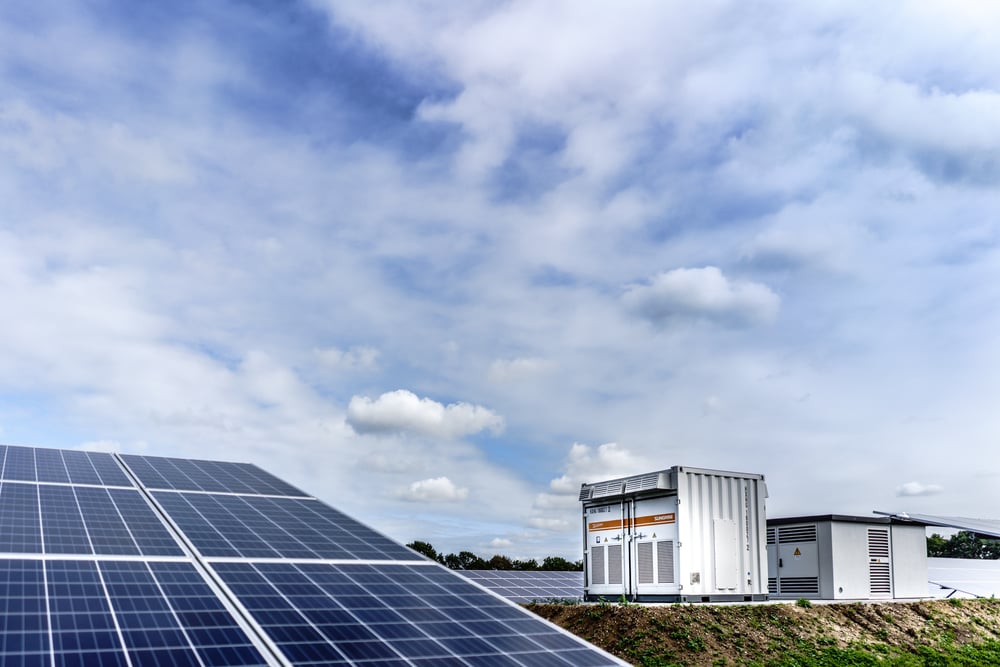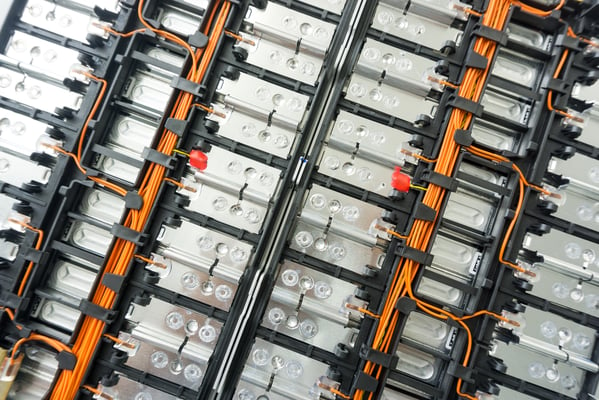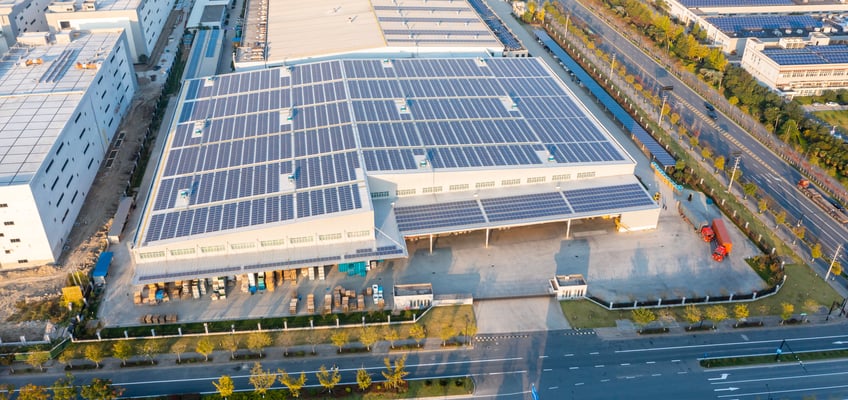
Why does battery energy storage play a crucial role when energy systems change
A growing number of countries are setting targets for the use of renewable energy, and the share of renewables in the global energy mix is increasing. This shift is driven by a number of factors, including the need to reduce greenhouse gas emissions, improve air quality, and move away from fossil fuels.
The role of battery energy storage in a bottom-up system
As the energy systems change and become more decentralized, battery energy storage will play a crucial role.
In a traditional energy system, central power plants generate electricity that is then distributed to consumers through a grid. This system is often referred to as a "top-down" system.
With the rise of renewable energy sources such as wind and solar, the energy system is becoming more decentralized, with electricity being generated at many different locations. This is often referred to as a bottom-up system.
Battery energy storage can help to even out the supply and demand of electricity in a bottom-up system. As the energy system becomes more decentralized, there is a need for new technologies and methods to manage the grid.
The benefits of using battery energy storage
Battery energy storage can provide a number of benefits for both the electricity grid and consumers.
- Balancing supply and demand: One of the main challenges with decentralizing the energy system is that renewable energy sources are not always available when needed. For example, the sun only shines during the day and the wind only blows sometimes. This means that there can be times when there is more electricity available than needed, and other times when there is less.
- Storing excess electricity: When there is more electricity available than needed, battery energy storage can be used to store the excess electricity for later use. This helps to even out the supply and demand of electricity and can make the grid more efficient and resilient.
- Providing backup power: Battery energy storage can also provide backup power during times of peak demand or when renewable energy sources are not available. This helps to ensure that the grid is stable and that power is always available when needed.
- Improving air quality: Another benefit of battery energy storage is that it can help to improve air quality. This is because battery energy storage can help to reduce the need for fossil fuels, which produce emissions that can be harmful to the environment.
- Reducing greenhouse gas emissions: Battery energy storage can also help to reduce greenhouse gas emissions. This is because battery energy storage can help to replace fossil fuels, which are a major source of greenhouse gas emissions.
- Improving grid stability: One of the challenges with the decentralization of the energy system is that it can make the grid less stable. Battery energy storage can help to improve grid stability by providing backup power and balancing the supply and demand of electricity.
- Reducing costs: Another benefit of battery energy storage is that it can help to reduce costs. This is because battery energy storage can help to improve the efficiency of the energy system and reduce the need for new power plants.
The future of battery energy storage
Battery energy storage systems are seen as a key technology for enabling the transition to a low-carbon energy system. Continued improvements in battery technology are expected to drive down costs and make the technology more economically viable. The development of a standardized regulatory framework for battery storage would also provide a major boost to the technology's adoption. In the future, battery energy storage is expected to play a crucial role in enabling the widespread use of renewable energy sources.




